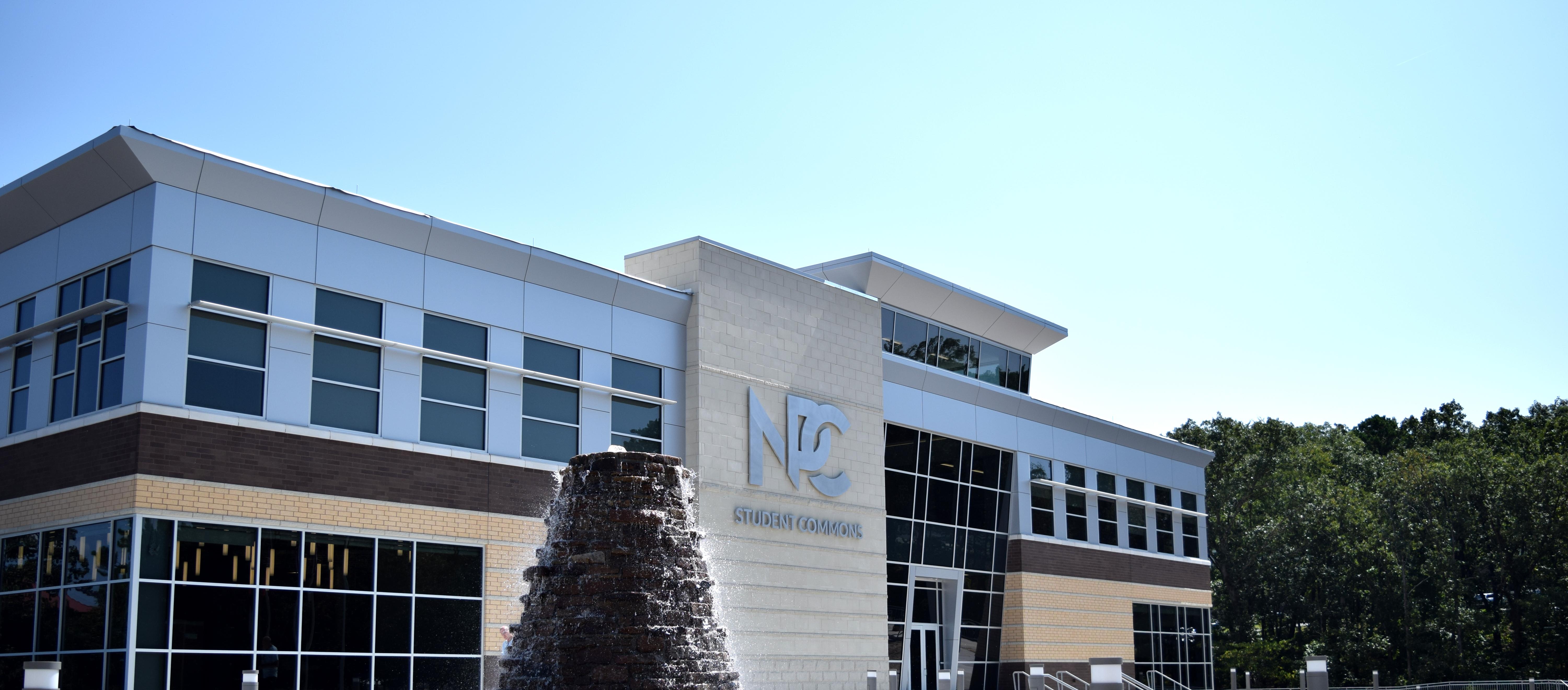| |
Feb 03, 2026
|
|
|
|
|
2018-2019 College Catalog [Consult with Your Academic Advisor for Your Catalog Year]
CJI Crime Scene Investigation, AAS
|
|
Updated 6/7/2017
The University of Arkansas System’s Criminal Justice Institute (CJI) provides education and advanced training in progressive areas of law enforcement to sworn law enforcement officers and individuals employed full-time by a law enforcement agency in a crime scene capacity. To successfully complete a program, students will be required to complete basic law enforcement training at an ACLEST accredited academy, take special courses through the Criminal Justice Institute, and general education courses through National Park College (NPC). All courses, both through the CJI and NPC, are offered free of charge.
|
CJI Courses - 35-38 Credit Hours
| Crime Scene Investigation Certificate of Proficiency | 15 credits | | Crime Scene Investigation Technical Certificate | 12-15 credits | | Advanced Crime Scene Technician Program*** (63 contact hours) | 4 credits | | Advanced Crime Scene Special Topics (45 contact hours required)
(Number of contact hours noted in parentheses)
Advanced Management of Evidence and Recovered Property (14)**
Bloodstain Pattern Documentation (21-28)
Crime Scene Reconstruction and Intepretation (28)***
Basic Spanish for Law Enforcement (21) Advanced Crime Scene Investigation Electives**(40 maximum)
Shooting Scene Investigation (21) | 3 credits | **Courses to be approved by CJI’s Degree Program Committee (Director, Assistant Directors, Program Administrators). Degree Program will also be reviewed by the CJI Advisory Board annually. Courses may not be offered each fiscall year.
***Offered every other fiscal year 62 Minimum Credit Hours Total
See your NPC advisor for degree and graduation information *Course is part of the Arkansas general education core requirements. Purpose of AAS Degree
The Associate of Applied Science Degree is designed for employment purposes, and it should not be assumed that the degree or the courses in the degree can be transferred to another institution. While some institutions do accept some courses in AAS Programs, the general rule is that courses in AAS. Degrees are not accepted in transfer toward bachelor’s degrees. Students to whom transfer is important should get assurances in writing in advance from the institution to which they wish to transfer. |
|
|

